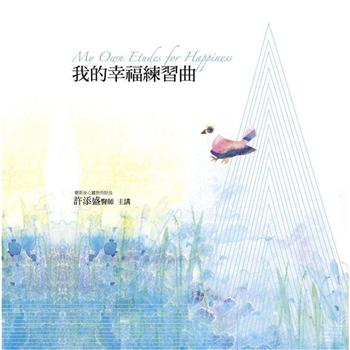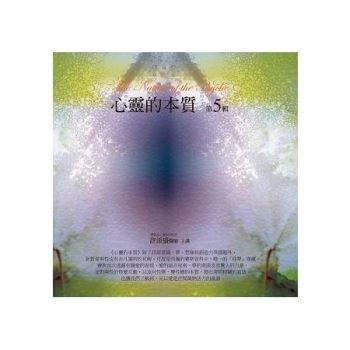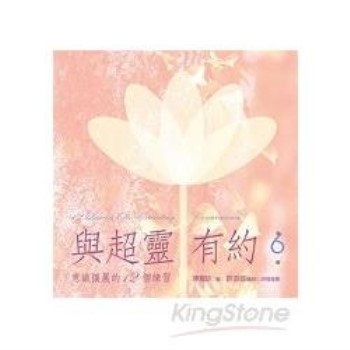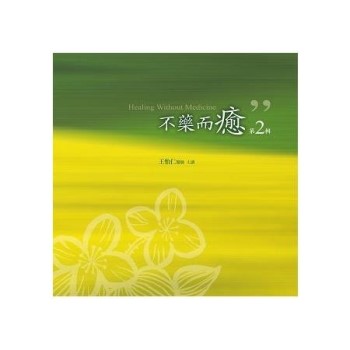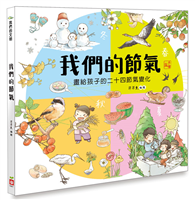This edited volume explores how success is conceptualized and represented in texts for young people in Asia. The essays in this collection examine how success for children relates to education, family, gender, race, class, community, and the nation. It answers the following questions: How is success for children represented in literature, cinema, and popular media? In what ways are these images grounded in the historical, political, and cultural contexts in which they are produced and consumed? How does childhood agency influence ideas about success in Asia? Highlighting the similarities and differences in how success is defined for children and young adults in Japan, South Korea, People’s Republic of China, Singapore, Taiwan, Indonesia, Vietnam, and India, this volume argues that success is an important keyword in the literary and cultural study of childhood in Asia.

